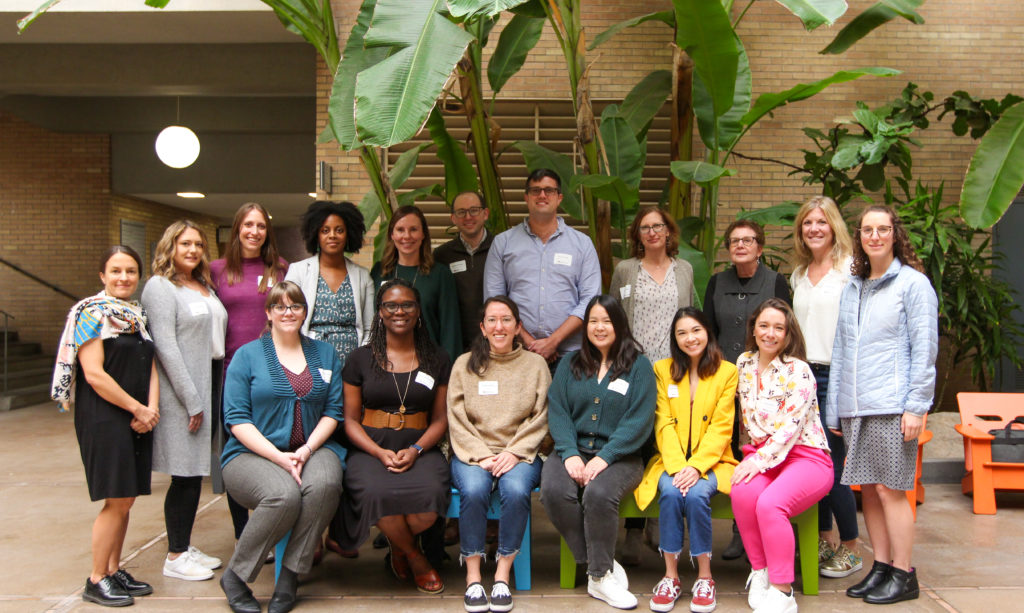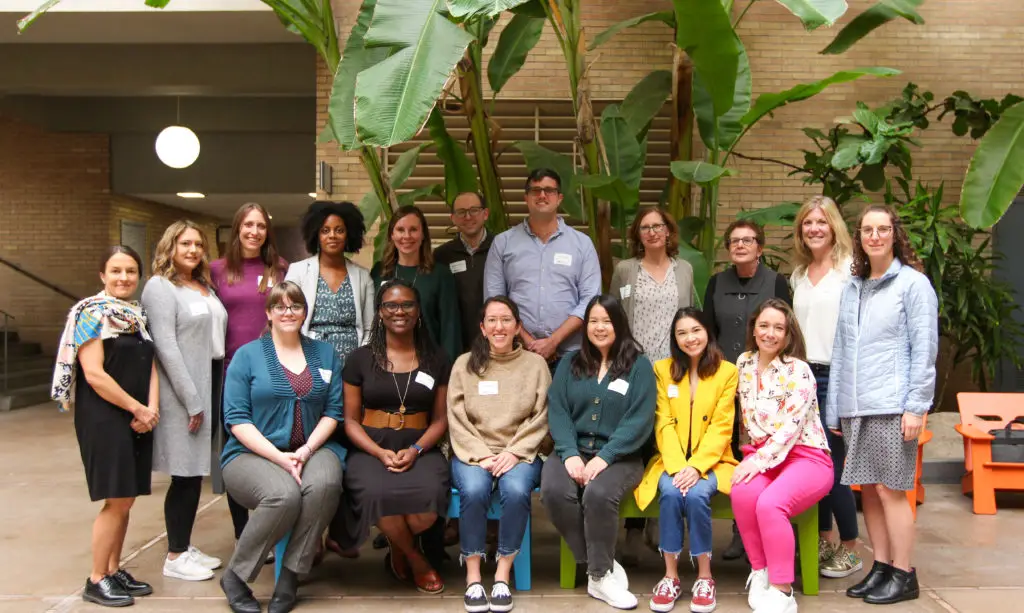
After groundbreaking work detailing how American school systems responded to the pandemic, the Center on Reinventing Public Education (CRPE) has received $9 million from the Walton Family Foundation to study academic recovery and nurture new ideas that will reimagine U.S. education.
The critical investment, the largest in CRPE history, will guide the organization’s work over the next four years in several key areas: identifying the wants and needs of students and families, identifying leapfrog innovations that will meet those needs, and helping school systems transform into more imaginative and responsive institutions.
The Covid-19 pandemic devastated public schools that were already struggling to meet the needs of all students. Through it all, CRPE made sense of what happened by tracking real-time data on the pivot to virtual learning, synthesizing research findings on student impacts, and identifying bright spots and emerging innovations, such as learning pods. Now its researchers will examine academic recovery efforts and new models that hold promise for permanently re-shaping and improving public school systems.
This fall, CRPE released The State of the American Student, a comprehensive report that captures the experiences of students during the pandemic. Based on in-house and external research, CRPE documented the pandemic’s negative consequences on instruction, mental health, achievement, and services for students with disabilities. The report articulates an ambitious road map to recovery that calls on states and localities to define key goals and measure progress toward them.
The grant comes on the heels of research and thought leadership CRPE has produced on early recovery efforts, and it will support the next phase of CRPE’s commitment to helping schools make measurable improvements in learning outcomes.
Specifically, the money will allow CRPE to develop, support, and study the efforts of district leaders focused on pandemic recovery and sustainable systemic change. Building off its history of convening districts to solve education’s most deeply rooted problems, CRPE will build a new learning agenda on pandemic recovery and district redesign. This project will study how and why different innovations take root in districts striving for lasting change, and how new approaches do–or don’t–advance new structures and organizational mindsets to dismantle barriers and establish sustainable conditions for success.
The grant will also expand CRPE’s Evidence Project, which launched in 2020 to synthesize research on the impact of Covid-19 and help education leaders understand the implications for students and schools. The project aggregated research from other institutions and reported on the pandemic-related decisions made by large districts.
The Evidence Project will continue to convene education researchers, policy partners, and system leaders to synthesize what we know and need to know to help students recover and to sustain practices that create more just, individualized, and joyful learning experiences. This network will recommend coordinated research agendas, and CRPE will commission $4 million in new research on student recovery and system reinvention.
“It’s critical that policy makers and educators respond with more evidence, urgency, and creativity,” says Robin Lake, director of CRPE. “The academic, social, and mental health needs are real, they are measurable, and they must be addressed quickly in order to avoid long-term consequences.”
CRPE’s new institutional affiliation with Arizona State University’s Mary Lou Fulton Teachers College will allow the Center to leverage ASU’s focus on education innovation, school workforce redesign, new-frontier learning technologies and interdisciplinary knowledge-building.
Specifically, Carole Basile, dean of the Mary Lou Fulton Teachers College, calls out the Next Education Workforce initiative, which partners with schools and districts to develop staffing and instruction models that work better for educators and learners.
“We think the working relationships we have with schools and districts across the country can ultimately expand the reach of CRPE’s best research-driven ideas, sparking implementations in more schools and improving learning for more students,” Basile says.
Over the next four years, CRPE will work with advocates, system leaders, and researchers to provide evidence and thought leadership that connects the dots between diverse voices and experiences at the school, system, and policy levels. Follow the work by signing up for CRPE updates, and email crpe@asu.edu if you’re interested in engaging with any of these projects.





